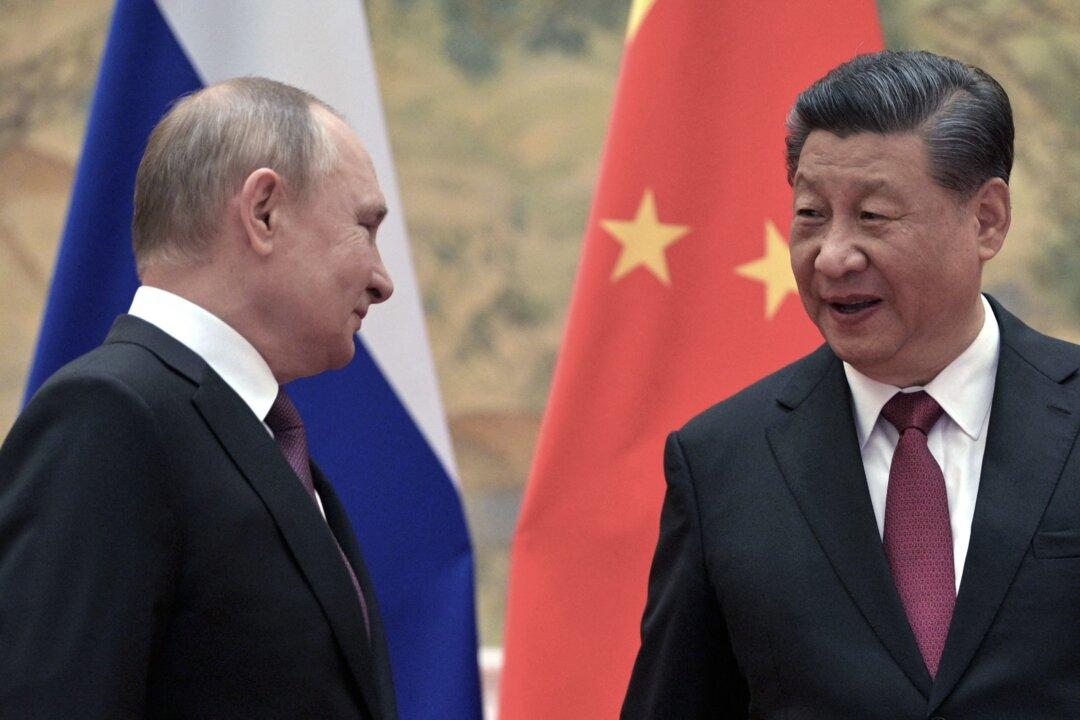Commentary
Moscow on Feb. 9 announced plans to exclude Europe’s currency from Russia’s sovereign wealth fund. Starting this year, China’s yuan and gold will apparently take the euro’s place. According to Russia’s TASS state media, the yuan may now compose up to 60 percent of the country’s currency funds and gold up to 40 percent.





